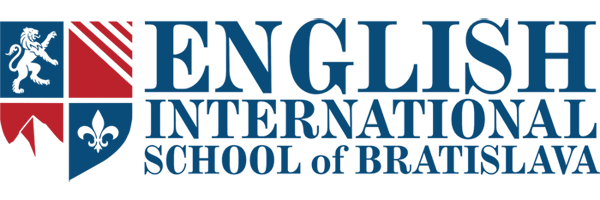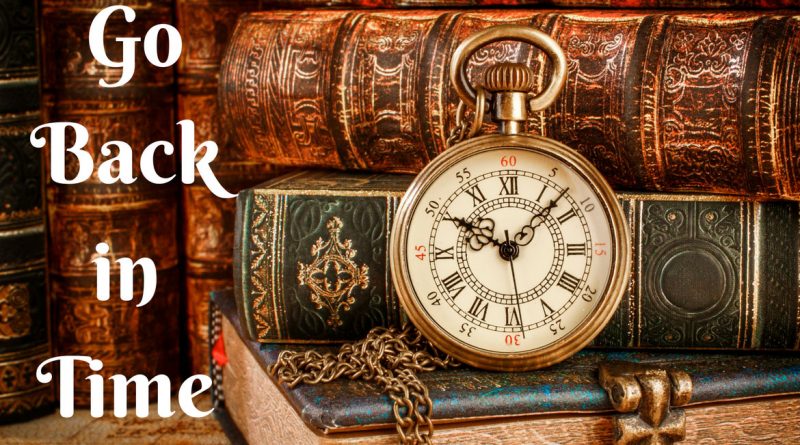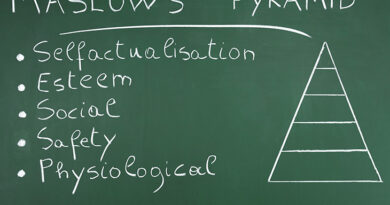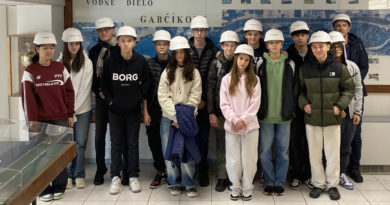MYP1: Discovering the world through historical fiction
In their current English Language & Literature unit, MYP1 students are (1) finding out how historical fiction can raise awareness and teach us about real-world issues, (2) reading a historical fiction novel called “A Long Walk to Water”, which tells the powerful story of some of the problems and challenges faced in South Sudan and (3) taking action to foster a more open-minded and compassionate attitude towards the powerful issues explored through historical fiction novels.

The unit started with students reading “A Long Walk to Water” by Linda Sue Park. This novel is based on the true story of Salva, one of some 3,800 Sudanese “Lost Boys” airlifted to the United States beginning in the mid 1990s. Throughout the novel, Salva’s story is intertwined with the story of a fictional character, Nya. For this reason, the novel is considered to be historical fiction, although the bulk of it follows Salva’s story and is therefore nonfiction. Below is a brief summary of the novel:
“Before leaving Africa, Salva’s life is one of harrowing tragedy. Separated from his family by war and forced to travel on foot through hundreds of miles of hostile territory, he survives starvation, animal attacks, and disease, and ultimately leads a group of about 150 boys to safety in Kenya. Relocated to upstate New York, Salva resourcefully learns English and continues on to college. Eventually he returns to his home region in southern Sudan to establish a foundation that installs deep-water wells in remote villages in dire need of clean water. This poignant story of Salva’s life is told side-by-side with the story of Nya, a young girl who lives today in one of those villages.” (Source)

In addition to reading this historical fiction novel and exploring its important themes, students were given the opportunity to write their own historical fiction story. The purpose of this project is for students to:
- Learn about the part of history they are writing about
- Learn how to write a story with historical accuracy (e.g., accurate names, clothes, slang, etc.)
- Improve their research skills
- Learn how to develop characters and setting (e.g., time and place of the story)
- Learn about different parts of history by reading the stories of their classmates!
The MYP 1 students are very engaged in this project and are writing some interesting stories about important parts of history. For example, students are writing their historical fiction stories about:
- The Russian Revolution
- WWII
- Great Smog of London
- The Black Death
- The English Civil War
- German-occupied Poland during WWII
- Ancient Egypt
- The end of WWI
I’m looking forward to reading all of the students’ stories, and for them to read each other’s stories to learn more about history. Next month I will post a blog including some samples from students’ stories 🙂





